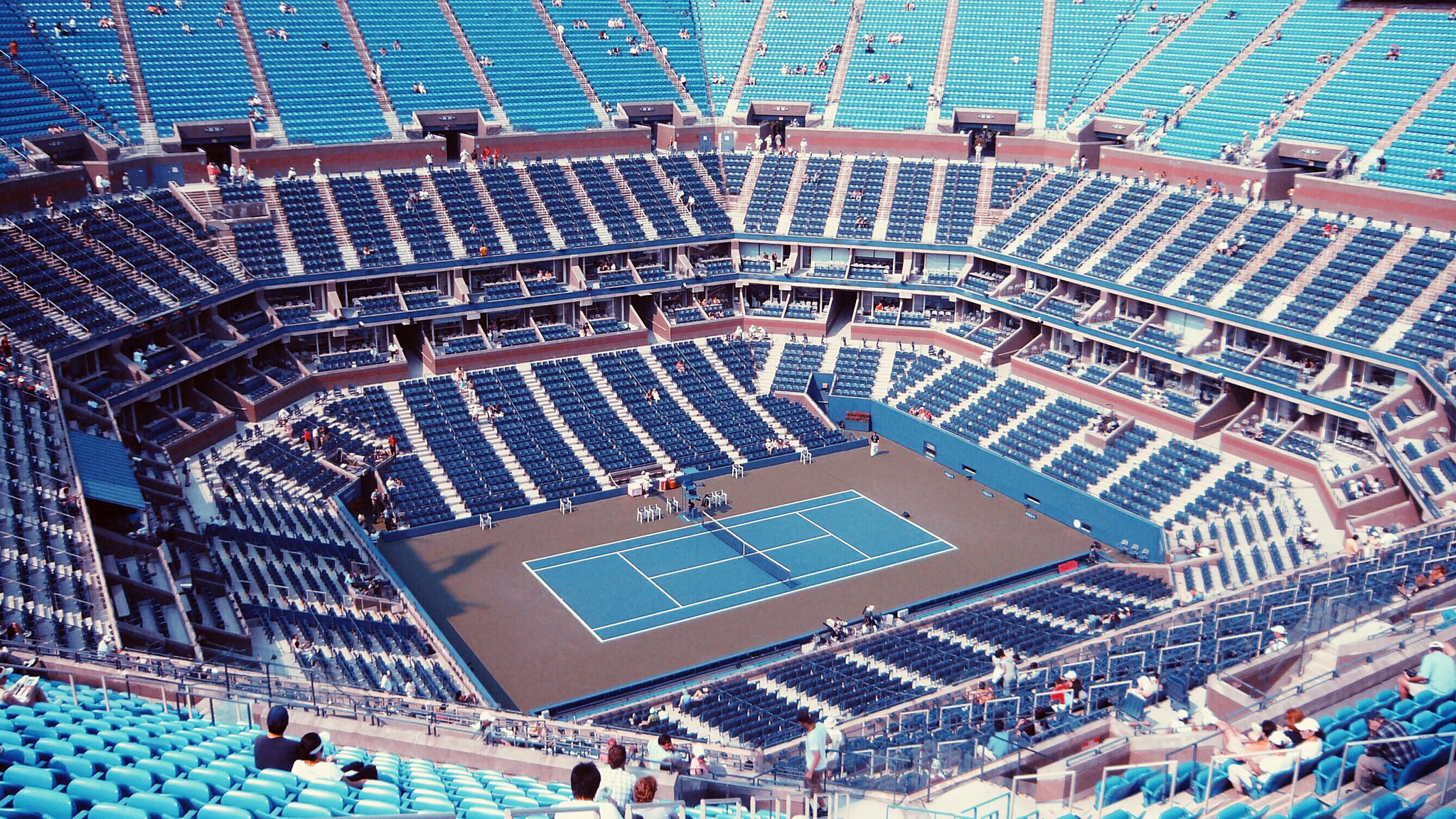Sports, a specific sector of activity

Subject to specific regulatory obligations, professional sports clubs are also exposed to fluctuations in their revenues. Explanations, with Alice Magnan and Fabien Goudot (H.12).
Are football clubs subject to specific regulations for their finances?
Alice Magnan: At the European level, football clubs are subject to the financial fair play regulations adopted by UEFA in 2010. Since 2022, UEFA’s regulations on financial sustainability are based on three pillars: no overdue payables, stability of earnings, and control of costs and expenses related to the team (with a progressive limitation of wages for salaries, transfers, and agent fees to 70% of the club’s revenues). Potential sanctions include fines, recruitment bans, and, in severe cases, exclusion from European competitions.
Fabien Goudot: In France, the DNCG is the financial supervisory authority of French professional clubs. Clubs must present balanced accounts each year and comply with specific payroll and net equity ratios. Recruitment bans, wages and transfer indemnities cap, relegation, or even exclusion from French competitions can be imposed in case of non-compliance.
What are the risks for investors?
Alice Magnan: Besides the usual risks faced by any business (reputational or brand damage, security, economic or health crises, etc.), the primary specific risk factor for a club is sports uncertainty. A significant portion of a club’s revenues indeed depends on its sports performance. The lack of diversification in many clubs’ activities also leads to dependency on revenues from audiovisual rights and sponsorship contracts, thus exposing them to the uncertainty of the evolution of these rights and partnerships.
What have been the main developments in the sports market in recent years?
Fabien Goudot: An increasing number of people are practicing sports, and this population has become more diverse, with an increase of female participation in both amateur and professional sports. The future creation of a professional women’s football league in France in July 2024 is an example of this trend. We are also witnessing a rise in cases of club multi-club ownerhip in sports, especially in football.
Alice Magnan: Many clubs are also investing in the construction or renovation of their stadiums to increase revenue, diversify income sources, and attract new investors. Digitization and technological innovations have also had a significant impact on sports, with new practices such as e-sports now experiencing rapid growth.
Published by Mary Bou Rached



